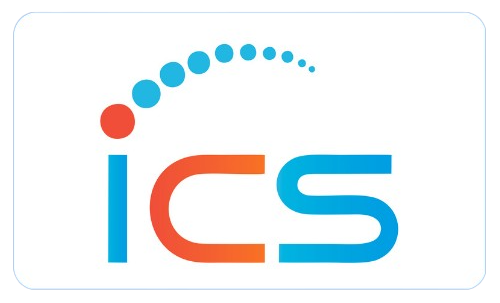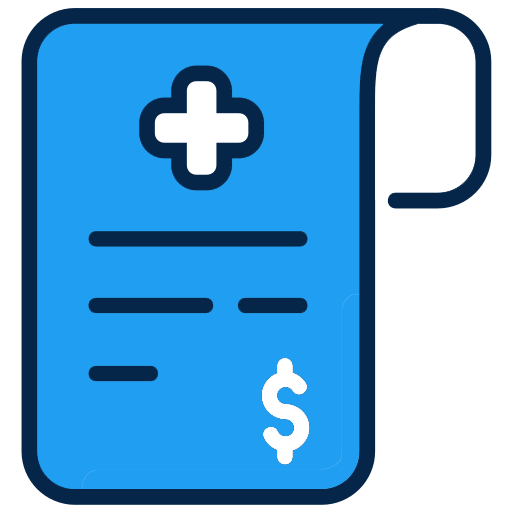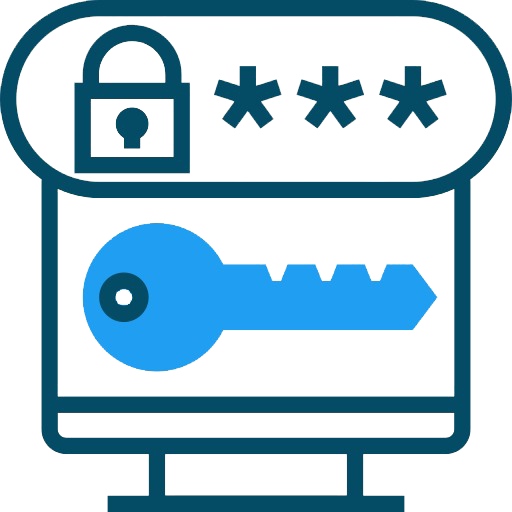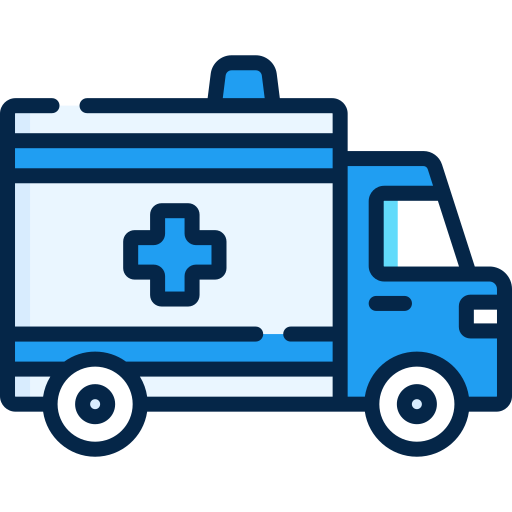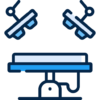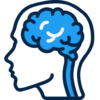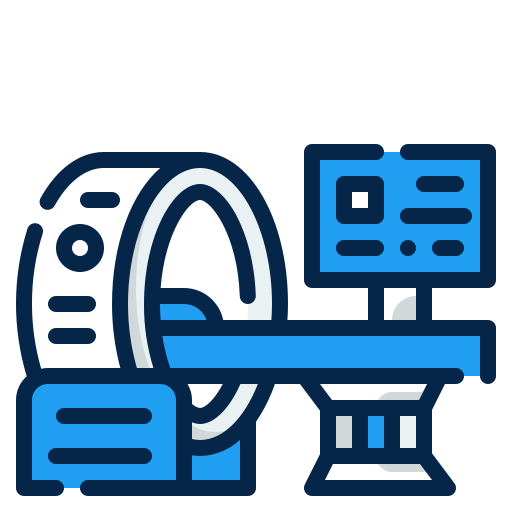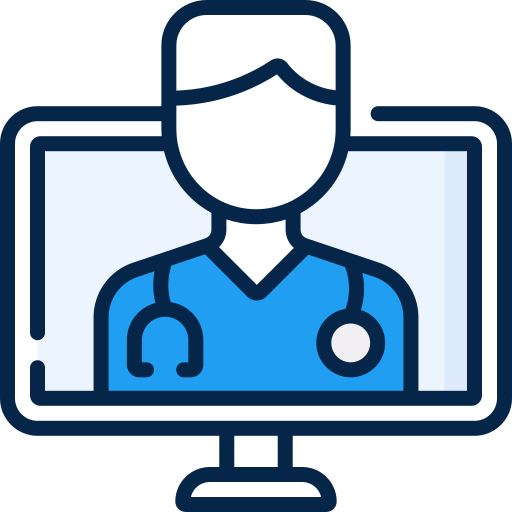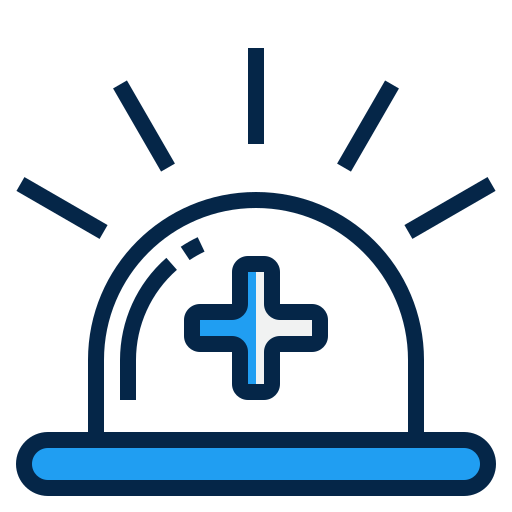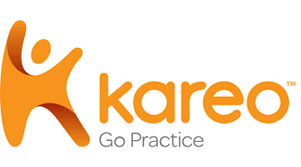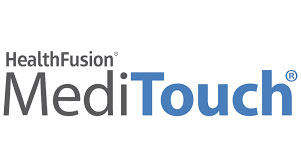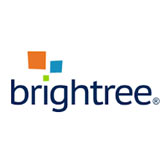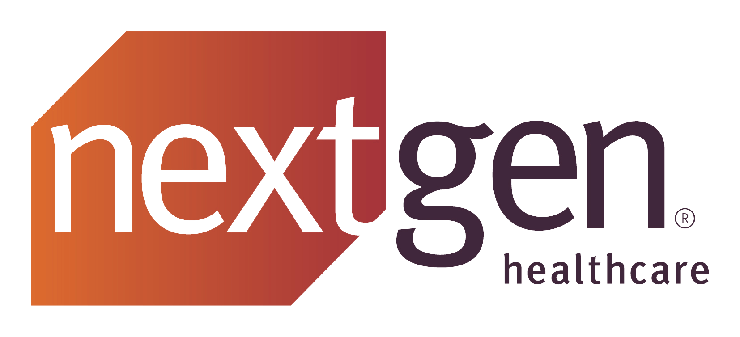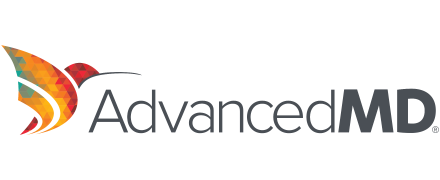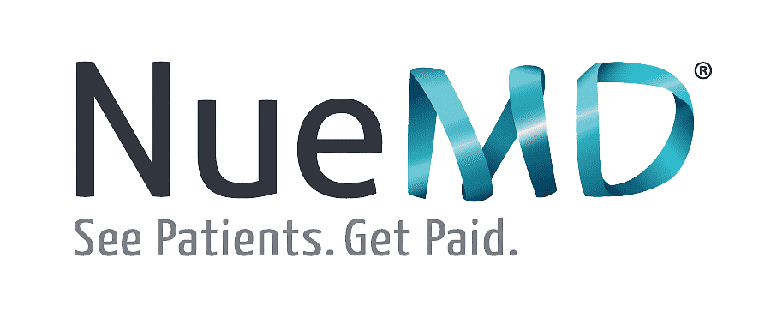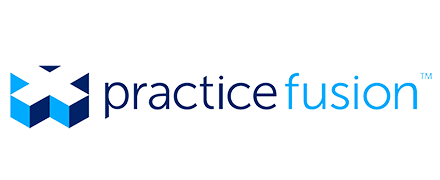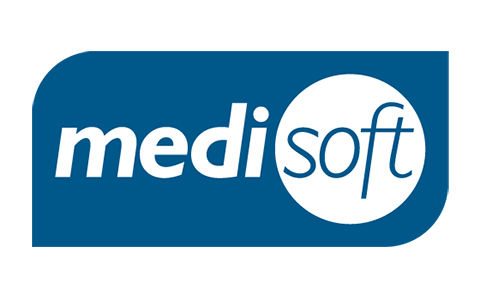Mental health billing encompasses multiple billing for mental health services until full recovery. In contrast other healthcare providers, mental health billing facilities frequently fall short in terms of the services they provide, pre-authorization, unbundling issues, staff size, and availability.
While mental health therapy necessitates extra time from doctors to engage with patients, mental health billing is time consuming and necessitates the doctors to comprehend their medical billing procedure. The main reason why mental health billing is different from medical billing is because mental healthcare has variables that primary or specialty care do not. Care coordination that is either partial or inadequate will have negative effects and only result in a number of difficulties and inconsistencies for both the practise and the patients. Hence, it is crucial that everyone is aware of the fundamentals of mental healthcare billing. Let’s take a look at the top 5 facts you should be know about mental health billing.
1. Use of CPT Codes
E/M (Evaluation management) and psychiatric assessment codes are two different sorts of codes that mental healthcare providers see. When a new medical issue is being evaluated, E/M codes should be utilised to provide three crucial pieces of documentation: the history, the examination, and the medical judgement. The duration computed for both sessions may differ, however psychiatric evaluation codes are utilised to define the diagnostic assessment and occasionally can also include E/M services. You should be able to apply them effectively if you want to lower the likelihood of claim rejections.
2. Claims Submission
The claim structure may vary depending on the insurance provider, and submission is also subject to modification. Thus, be aware of what is expected while filling out insurance forms, and be sure to submit your claims within the recommended window of time set forth by the insurance provider. This will help your clinic successfully handle denials and prevent claim rejections. Depending on the location of the service, the insurance companies accept CMS-1500 or UB-04. The mental health practises could feel absolutely sure about their claims if they become familiar with this.
3. Difference Between ICD 10 and CPT Codes
More than 200,000 codes are present in the ICD-10 book. Even though there are more CPT codes, mental health providers typically use the ones that begin with the number 9. These codes that are always five digits long, are used for telemedicine, case management, psychiatry evaluation, and testing and assessment of mental health. The CPT codes you’ll use depend on how long a patient encounter lasts, which is not the case in other medical billing. A 45-55 minute session is denoted by CPT code 90834, and anything longer is denoted by CPT code 90837. It is simpler to bill patients when your services are correctly coded depending on length.
4. Importance of VOB
Verifying your patient’s benefits in the beginning could save you hours of work later on. Your patients will be better prepared to pay you on time when they are aware of what their coverage will and will not cover. Running a VOB will reveal the insurance coverage for the services. This method enables clinics to look up information about the patient’s coverage that isn’t always included on the insurance card. This step is crucial to simplifying mental health billing since although numerous patients have ongoing coverage, the services could not be covered as a benefit.
5. The Right Billing Form
The UB-04 and CMS-1500, often known as Form HCFA, are two billing forms that are frequently used in the mental health industry. If you have front-office employees, they will complete the UB-04 form; doctors will complete the CMS-1500. Your tax identification number (TIN) and national provider identifier (NPI) should be on hand. Considering that various payers may want various information; you should also be aware of the kinds of information needed in each area of the form.
Conclusion
When compared to treating patients, the billing procedure can be aggravating and often a drag; but, the sooner you begin, the faster you will be reimbursed. If you are concerned that you cannot finish the process alone, the billing functions of medical practise management systems or an medical billing service might be of great assistance.
For your mental health practise, are you looking for the best medical billing service? The aforementioned are typical mental health billing guidelines that you as a provider should be aware of and adhere to. You may require the assistance of a professional medical billing company to resolve your practice’s billing issues in order to comprehend the entire billing process for mental health. Info Hub Consultancy Services (ICS) is the best medical billing agency to help reduce challenges associated with mental health.
